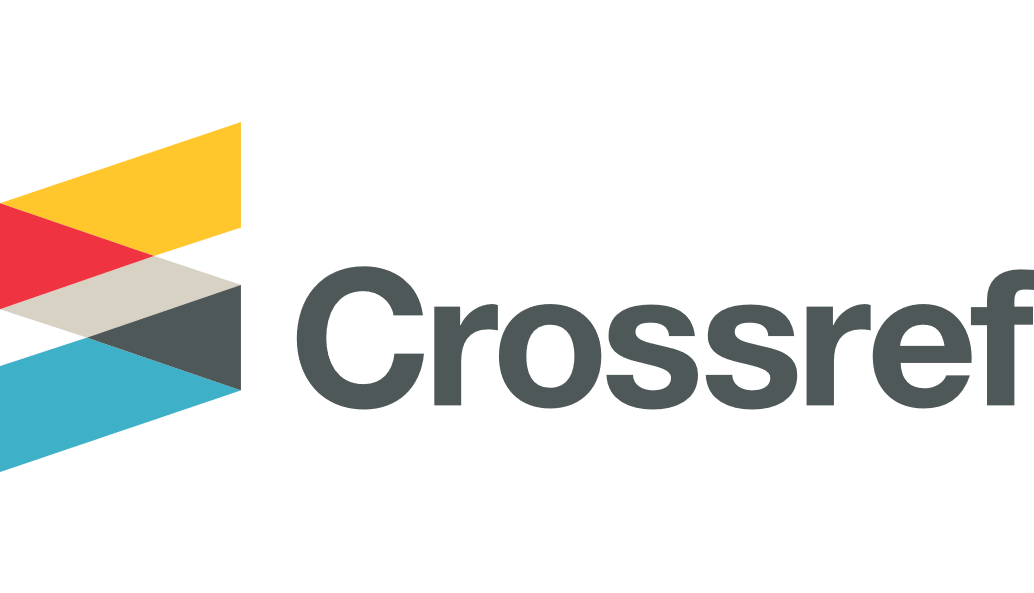Keywords
Millennial Generation
Disciplines
Adult and Continuing Education | Medicine and Health Sciences
Abstract
An influx of millennials is reshaping the workplace1—including the practice of medicine and the development of physicians in training. The attitudes, influencers, and behaviors of millennials don't align with traditional models of healthcare delivery or healthcare education.
Millennials in academic medicine represent the majority of medical students, residents, and small percentages of junior faculty. In the consumer world, millennial patients are also changing the game for healthcare industries.2 The millennial that grew up with broadband, smartphones, tablets and social media expects instant access to information and now infuses medicine with their attitudes, aspirations, and experiences. They have come to the platform with new ideas, new needs, and new challenges. The intangible tension between highly experienced predecessor generations (Boomers & Generation X) and digitally savvy, collaborative and team player millennials has been a subject of intense discussion. However, the intergenerational tensions that do appear can often be explained by a lack of understanding between generations. Mutually satisfying partnerships in both education and clinical arenas can be established by learning more about what motivates and is significant to millennials, approaching the process with an open mind will improve the learning environment for all generations, which will ultimately improve patient care.


